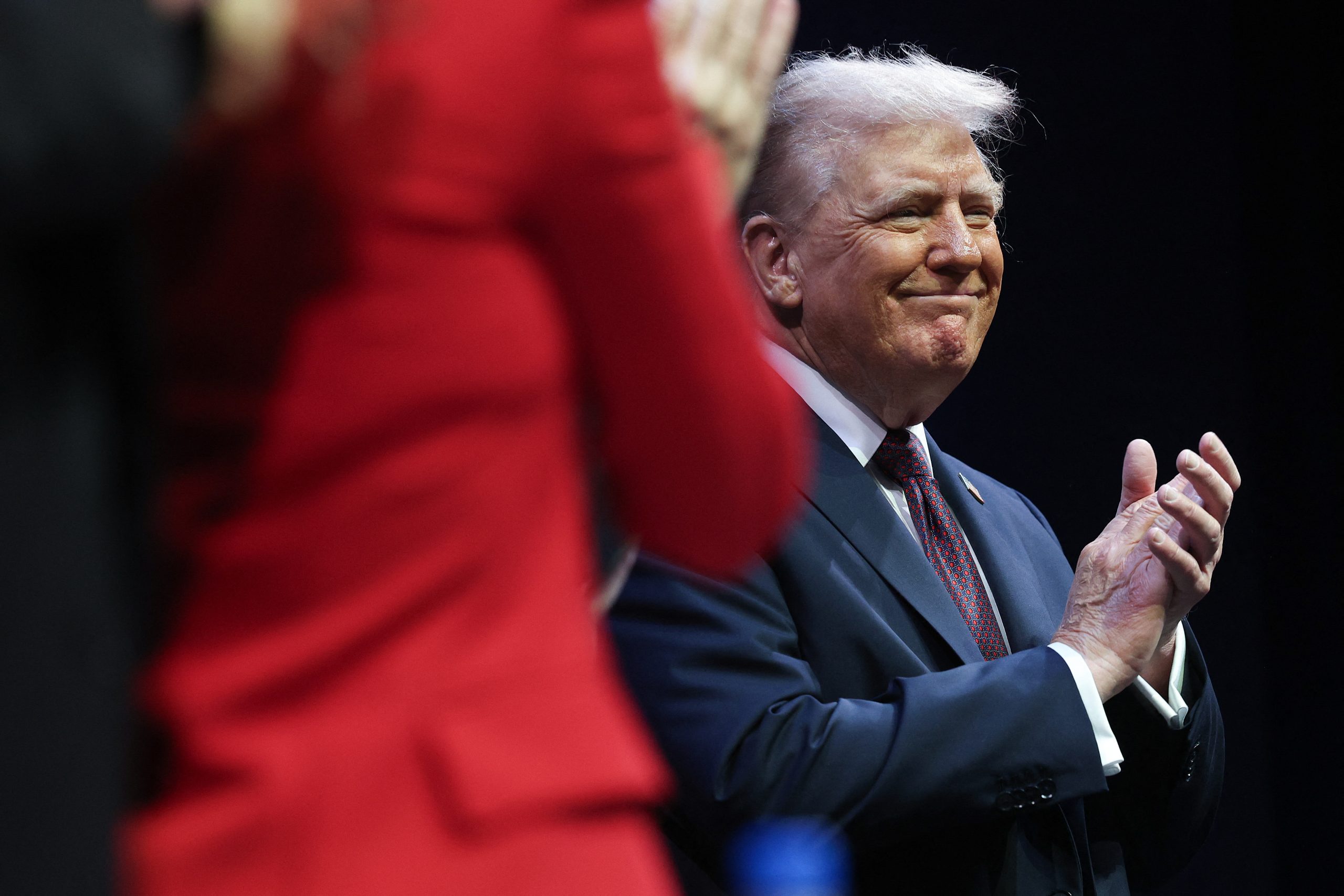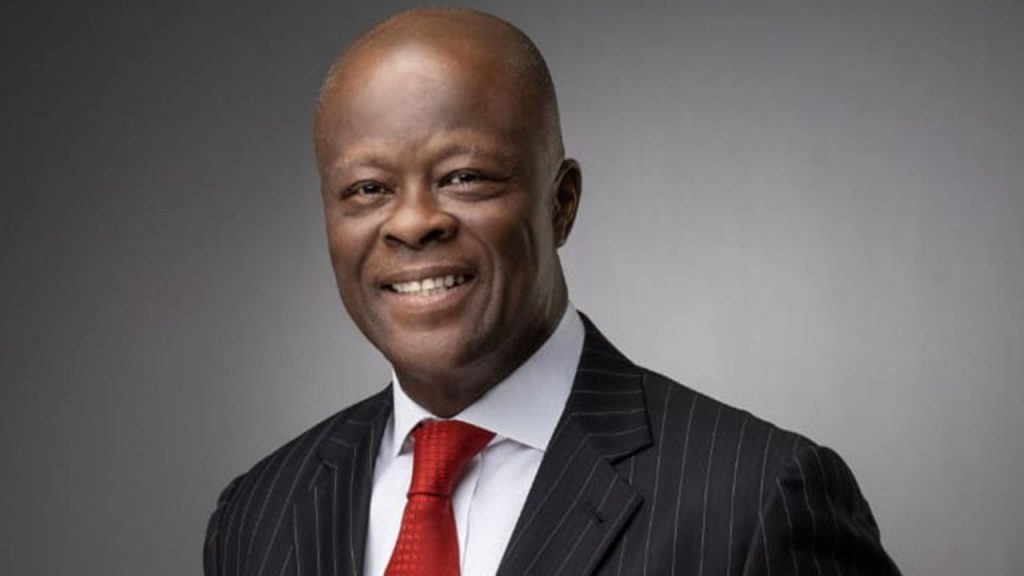The Federal Government has proclaimed its intention to make Nigeria the third-largest terrestrial fiber-optic infrastructure nation in Africa, with a proposed installation reaching 90,000 kilometers.
This was disclosed by the Minister of Finance and Coordinating Minister of the Economy, Wale Edun, during the Fibre Forward Strategic Development Workshop on Wednesday, according to The Punch.
The event was organised by the Federal Ministry of Communications, Digital Economy and Information Technology.
According to a statement released on Wednesday by the Director of Information and Public Relations, Mohammed Manga, the workshop represented a critical milestone in Nigeria’s path to revolutionize connectivity through a $2 billion Special Purpose Vehicle program.
“The project aims at extending the nation’s fibre-optic backbone by 90,000 km, positioning Nigeria to boast as Africa’s third-largest terrestrial fibre-optic infrastructure, upon completion,” the statement partly read.
In his speech, Edun reaffirmed the Federal Government’s unflinching commitment to the project’s success, which will promote economic growth, job creation, and technical advancement.
This effort reflects Nigeria’s commitment to bridging the digital divide and creating a digitally driven economy.
Last month, the government approved a Special Purpose Vehicle to help deliver an extra 90,000 kilometers of fiber optic cable for universal internet access in Nigeria.
An SPV is a separate legal entity formed to pursue a specific aim or activity. In this scenario, the SPV will manage the fiber optics project by managing its development, financing, and operations.
The initiative, housed in the Digital Communication Ministry, will be governed and operated in a manner akin to some of Nigeria’s best public-private partnership arrangements, such as NIBSS and NLNG.
Meanwhile, Minister Bosun Tijani noted that the project will also secure the participation of at least half of the 33 million Nigerians who are currently unable to use the Internet.
He also stated that the project was expected to have a substantial impact on the country’s economy, with estimated GDP growth of up to 1.5 percent per capita, bringing GDP from $472.6 billion in 2022 to $502 billion over the next four years.
“This extensive coverage will enable us to optimise the unique benefit of having eight submarine cables already landed in Nigeria and, therefore, drive uptake of the data capacity that the cables offer beyond the current usage level of 10 per cent.
“Building on our existing work with the Broadband Alliance, this increased connectivity will help plug the current non-consumption gap by connecting over 200,000 educational, healthcare and social institutions across Nigeria, ensuring that a larger section of our society can be included in the benefits of internet connectivity,” he said.









